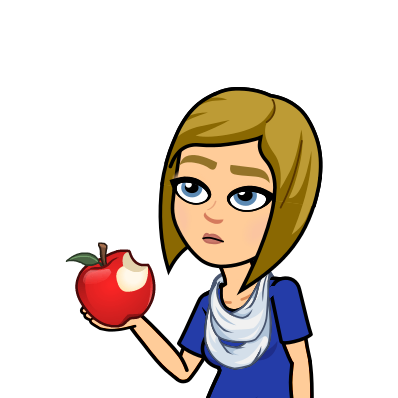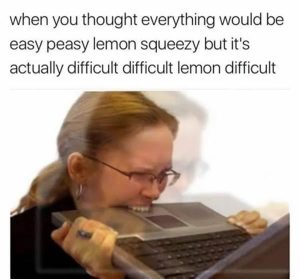Within the realms of education, I have come to realize that there are many different layers of feedback. There are state scores which provide feedback to the school districts on their performance, feedback from the principals on those excruciating observations, feedback from a colleague who you went to for advice, and the kind teachers seem to get the most of, feedback from students and their parents. All of these layers of feedback are equally important, but the way that the feedback is brought to the teachers determines how influential the feedback becomes.
When I think of valuable feedback, I instantly think of my past colleague who taught across the hall. I was fortunate enough to have her as a teacher myself in high school. She had since developed a reputation for being an amazing English teacher- the “ELA Queen”. Now that I had the opportunity to work beside her, I wanted to make sure that I not only made her proud, but I wanted to take after her. Because of this, I would often ask her for advice on various aspects of teaching.
One day, out of the blue, she mentioned how impressed she was with this years’ group of freshmen. The same freshmen that I had taught the previous year. She praised my methods of teaching, telling me that she could see a big jump in the students’ knowledge and their writing skills. She encouraged me to keep up the good work and she looked forward to having my students again next year. I could feel my pride swelling like a balloon inside my chest as she told me this.
Sure, I loved to hear the praise from my role model, but it wasn’t always puppies and sprinkles. She would give me constructive criticism when necessary. However, the way she went about it was part of what made her an excellent teacher. She didn’t just tell me to get better at something. She worded her feedback in a kind, encouraging way. Plus, she would then sit down and help me brainstorm ideas on what I needed to work on, what I could do differently- almost making it seem like it was our problem, not just mine. For example, one day I had made a lesson plan that well, to be frank, bombed. What teacher hasn’t been there…I was flabbergasted. It was supposed to be perfect! When I went to her for guidance, she told me what I had done wrong and what I needed to change. Then, she sat down and offered to help. Instead of looking at me and saying, “Well, no duh that didn’t work. That was stupid!” she took the time out of her afternoon, even though school was out and the rush to race out the door to the comfort of our homes was upon us. The fact that she not only gave me feedback, but then showed she cared enough to use her time to help me fix it, meant everything.
Sadly, there has also been feedback within my teaching career that to this day, I still don’t understand. At one point in my teaching career, I was given feedback about my teaching technique from a different colleague. This colleague told me what I did wrong and when I asked if he could explain further, he only spoke in circles. The more loops that our conversation ran, the more exhausted I became. Finally, I simply asked my colleague for advice on what I could do differently. My colleague’s response? “Talk to so and so. They can help you figure it out.”
This person gave me feedback stating that I needed to improve on something, yet when I wanted to discuss it and improve upon myself, they spoke in circles and then pushed me in the other direction. I may, or may not, be a bit of a perfectionist, so if there is an area to improve upon, I am going to try my hardest to do so. To say the least, this person’s reaction exasperated me. You took the time to tell me I am doing a poor job, but then won’t take the time to speak to me about it?
Looking back at the layers of feedback within the teaching profession and the different people whom I have received feedback from, I have learned that when giving my students feedback, it is important to be kind, it is important to be helpful, and it is important to show that you care. I think that by doing those three things, the students will realize how important learning is and how important they are. Obviously, the content of the lesson is valuable, but helping the students to feel comfortable with themselves and their learning will guide them even further.





